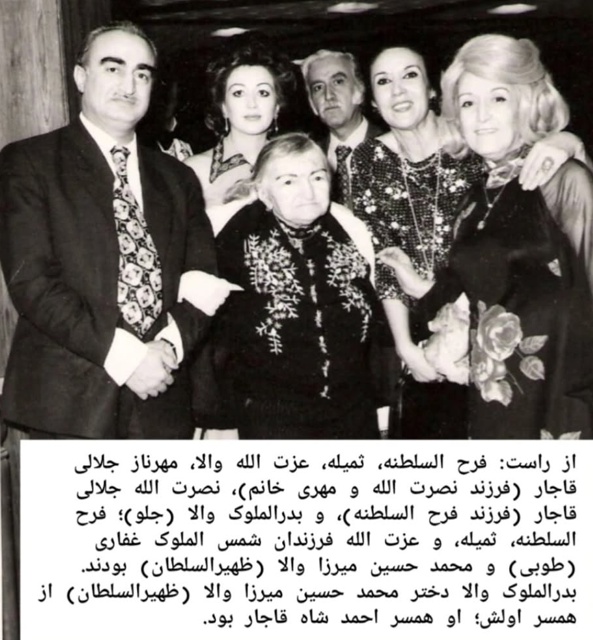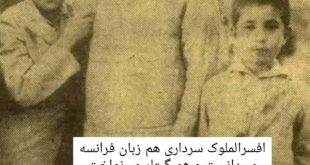From a young age, Parsipur was fascinated by books. She read voraciously, devouring both Persian classics like Hafez and Saʿdi and modern European fiction that arrived through translation. By her teens, she was already writing short stories and essays that appeared in literary magazines — remarkable at a time when few women were published writers. She later studied sociology at the University of Tehran, a discipline that would deeply shape her worldview.
Understanding how social systems construct power, gender, and identity gave her tools to question patriarchal norms. Her early writings reflect a sociologist’s curiosity — observing injustice, hypocrisy, and women’s struggles in a rapidly changing society. In the mid-1970s, Parsipur left for France, where she enrolled at the Sorbonne to study Chinese philosophy and civilization. She was fascinated by Taoism, mysticism, and Eastern concepts of balance and transformation — ideas that would later surface symbolically in her novels.


